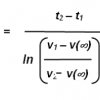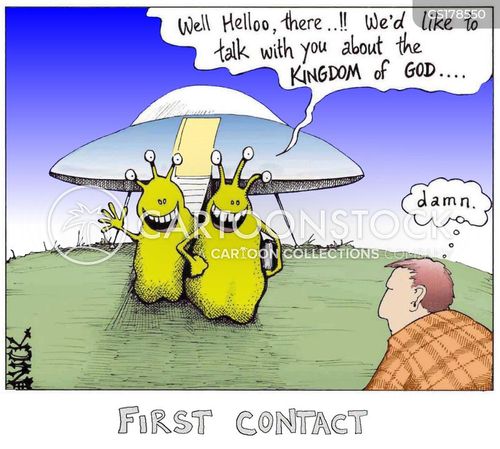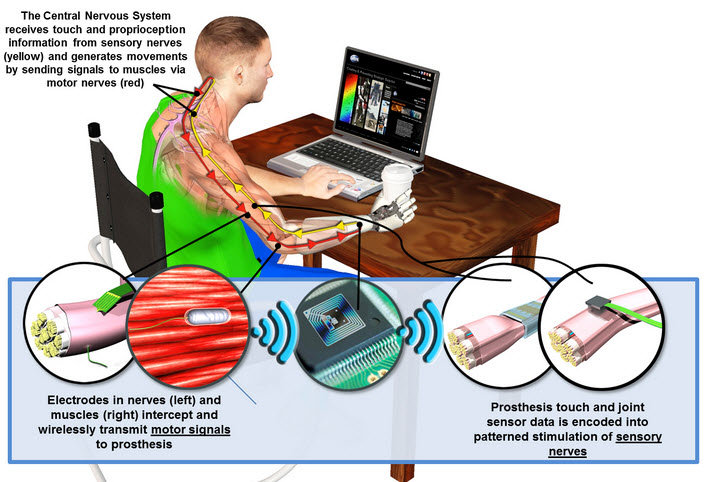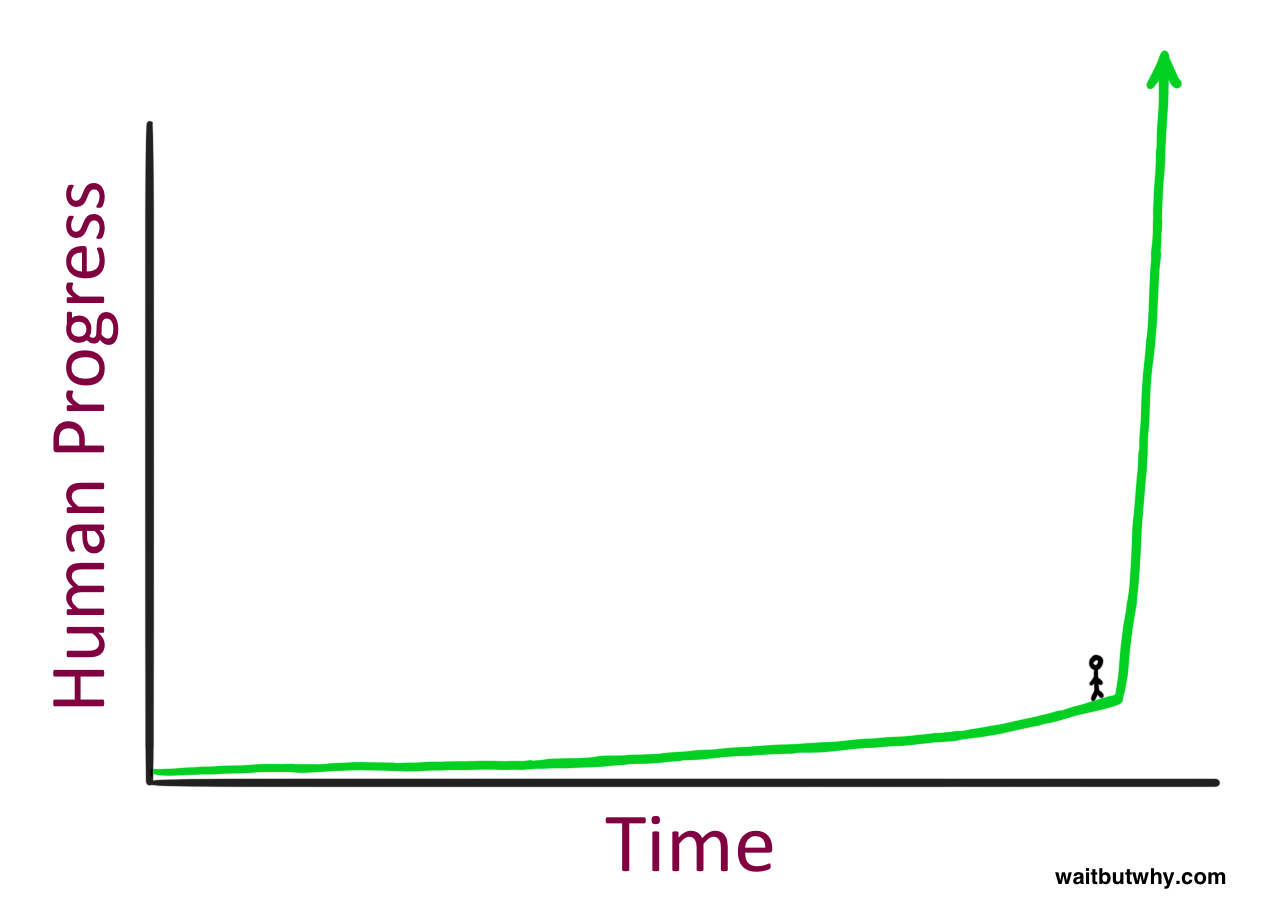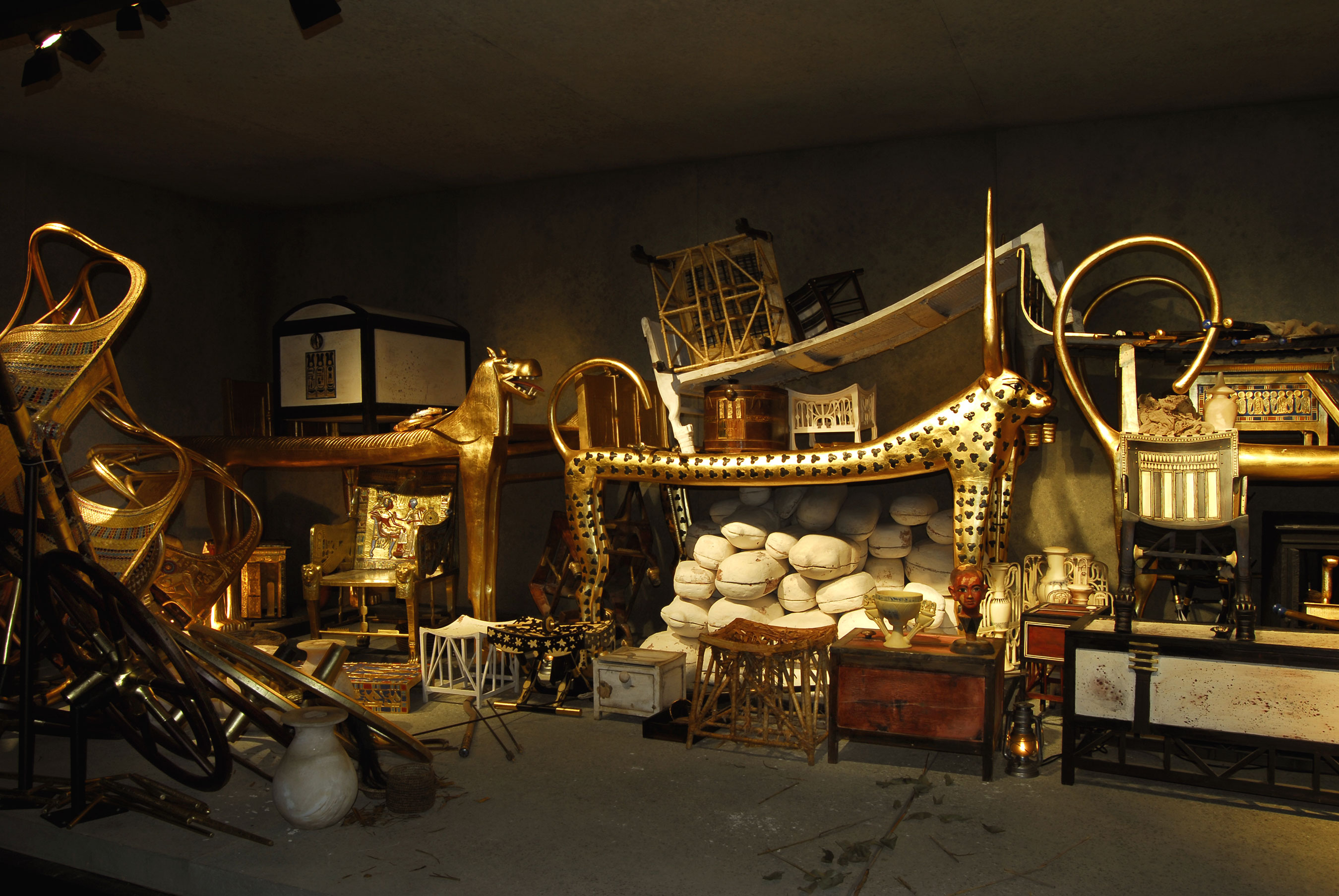Ok many problems here.Resurrection of the dead, particularly people 200-2000 years in the past, isn't just solved by miniaturization and math.
And its math, not maths. And because of sums? What sums? How are you going to record the configuration of every atom in the brain for people who's brains have long since disintegrated? You're talking about star trek transporter technology that can go into the past.
It would be incredibly hard to resurrect one person who died recently with a perfectly preserved brain. We can't even bring people out of cryogenic sleep yet.
What evidence do you have the biology is anywhere close to restarting failed biological systems?
[I've looked at Resurrection from the point of a future scientist, based on trends, One trend is miniturisation. Miniaturisation implies many things (including advanced maths/math) like improving skills in measurement, observation and technology.
One important trend is science is advancing and some say speeding up ie the time taken to make important discoveries is shortening. How do you measure that? One way is the size of calculation we can do and time it takes. Power of supercomputers and increasing power of microscopy demonstrate this, and these are typical of science and technology.
I dont premise QA on time travel, but on statistics. We're not pursuing the exact particles from a changed set of events, but to scientifically describe a given environment from how those events changed into our present.
From small amounts of specific data in the present, added to vast and growing data bases we have,
"From the macroscopic constraints you can specify microscopic detail."
- I think this is also demonstrably true in fractal theory, since while each physics event is unique, it's existence is defined by knowable laws, and a prototype of it is easier described eg an atom a molecule of arsole. The periodic table is based on this assumption.
Retrodiction is easier than prediction because you have umpteen reference points to check your work at eg artefacts and fossil records:
you might think 1813-14 was a cold winter in UK but you can check your retrodiction by looking at tree rings.

Data that is confirmed is much better than data just calculated.
Another assumption in QA is that nothing exists alone but everything is joined to other things. And they are joined by the laws of physics.
We know many of the relevant laws of physics, not all but enough to calculate the others from.
We haven't resurrected anyone who died for long with a perfectly preserved brain, but that is not what QA is trying to do: it argues we could calculate what the brain was at the moment o0f death - and for any moment during the dead's life - then rebuild it (minus the illnesses).
I assert we can already do this now, but it wouldn't be very good: by that I mean we can aim at prototypes and progressively modify them until the resurrectee fits every test possible for authenticity.

Not enough mathematics or data from event histories like artefacts result is a poor replica:)
Biology has done astounding things. Evolutionary biology is advancing enough to recreate an 800 ml year old proton pump....extinct for near a billion years....by probability and data bases, and test it works inside a yeast cell. (Thornton),
so its not true to state resurrections haven't started.
Quantum Archaeology is proven as a concept by that experiment alone.
De-extinctions also demonstrate a prototype is capable of being resurrected, and from there to a given individual is a matter of configuring (mainly by calculation) the data.]

[So it's calculation rather than particle chasing or time travel that QA is after. Calculation is mathematics as machinery and is hurtling forward in power.
But the huge advance is Artificial intelligence: when that gets aware enough to self-modify calculations it is hard to set any limits of what calculations are too big.]
"One important trend is science is advancing and some say speeding up ie the time taken to make important discoveries is shortening. How do you measure that? One way is the size of calculation we can do and time it takes. Power of supercomputers and increasing power of microscopy demonstrate this, and these are typical of science and technology."
One flaw of this logic is that you know the rate of change of the rate of change of technology. Another flaw is assuming you know the rate of change of the rate of change of the rate of change.Technology could unexpectedly flat line due to limitations in physics, or the rate of change might stop increasing as much. The rate of change of acceleration might be negative. The final flaw is that you know the amount of investment it will take to attain certain advanced technologies that are currently beyond our comprehension.
"
I dont premise QA on time travel, but on statistics. We're not pursuing the exact particles from a changed set of events, but to scientifically describe a given environment from how those events changed into our present.
From small amounts of specific data in the present, added to vast and growing data bases we have,"
As I told OP, saying statistics or maths doesn't get you out of the problem of being able to reconstruct, with precision, brain configurations that could lead to a ressurection. Even configurations. Statistics applies to average of particles, not specific quantizations which are necessary for understanding details about the past. Please explain or show the evidence of new statistics which allow you to reconstruct any dataset from the past. Entropy makes that nearly theoretically impossible, and realistically beyond sci fi.
"
Biology has done astounding things. Evolutionary biology is advancing enough to recreate an 800 ml year old proton pump....extinct for near a billion years....by probability and data bases, and test it works inside a yeast cell. (Thornton),
so its not true to state resurrections haven't started."
False analogy. Because biology has made advances, therefore every other field will make equivalent advances. The difference is that DNA is a big data storage device, with a history of evolutionary processes. There isn't a 3 billion year old cumulative data storage device for things like the configuration of different people's brains or historical settings. Unless you can provide me with specifics instead of hopeful analogies, I will continue to assume that you need time travel to be able see states of matter that have long since been reorganized due to entropy.
If you had a gigantic generic data storage device like DNA I might be willing to believe your story.
"Quantum Archaeology is proven as a concept by that experiment alone."
Except that quantum archaeology doesn't have a 3 billion year old, vast data storage device. You don't have 3 billion years of statistical data. Therefore quantum Archaeology is basically infinitely far away from biology.
"De-extinctions also demonstrate a prototype is capable of being resurrected, and from there to a given individual is a matter of configuring"
It shows that a clone is able to be generated from genetic information. This is not equivalent to resurrecting a previously alive member of a species. Cloning technology exists, but not resurrection. I'd also like to point out even the difficulty of de extinction--bringing back a dinosaur or a wooly mammoth for that matter has proven to be extremely challenging. And no one wants to spend the vast amounts of money. im still waiting for who's going to pay for all this quantum archaeology stuff.
"But the huge advance is Artificial intelligence: when that gets aware enough to self-modify calculations it is hard to set any limits of what calculations are too big."
Another flawed assertion. This assumes you know the rate of learning of an artificial intelligence. Not all artificial intelligences would be created equal. It might only be as intelligent as your standard human--thus humans are not yet intelligent enough to be able to modify themselves to infinity, so neither should we assume we'll create a perfectly intelligent self modifying AI. And a self modifying AI would require substantial advances in everything in computer science and mathematics. Not to mention we need significantly more powerful computers. Everyone tends to assume AI=instantly perfectly intelligent entity, but like any other being is limited to the speed at which it is able to determine new information. You also assume infinite creativity--that it will be able to come up with perfect solutions to every problem, or that there are perfect solutions in the first place. Also assumes that you wont be limited by the laws of physics and that there is no intelligence ceiling.
A good analogy is like data in star trek--we might create an artificial intelligence like that, which is superior in many ways to humans, but won't instantly become a super being.































 This topic is locked
This topic is locked